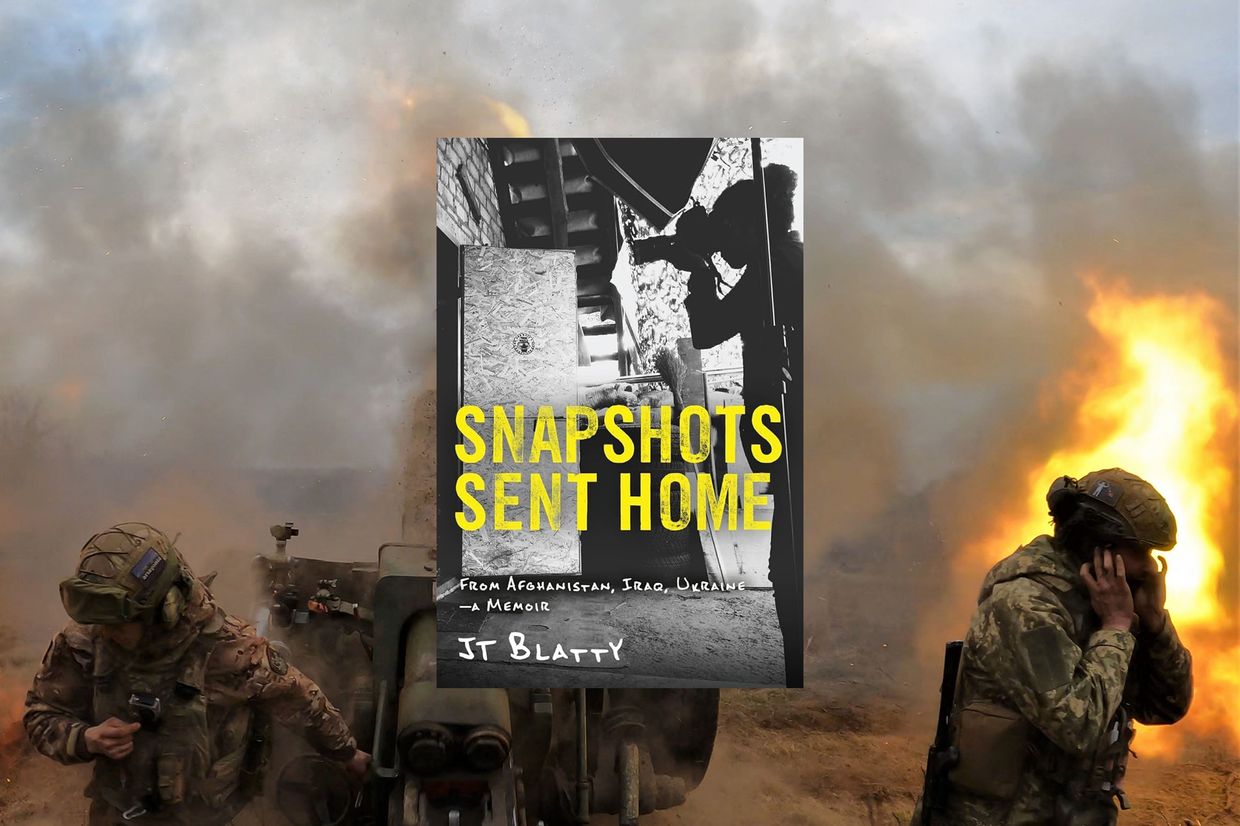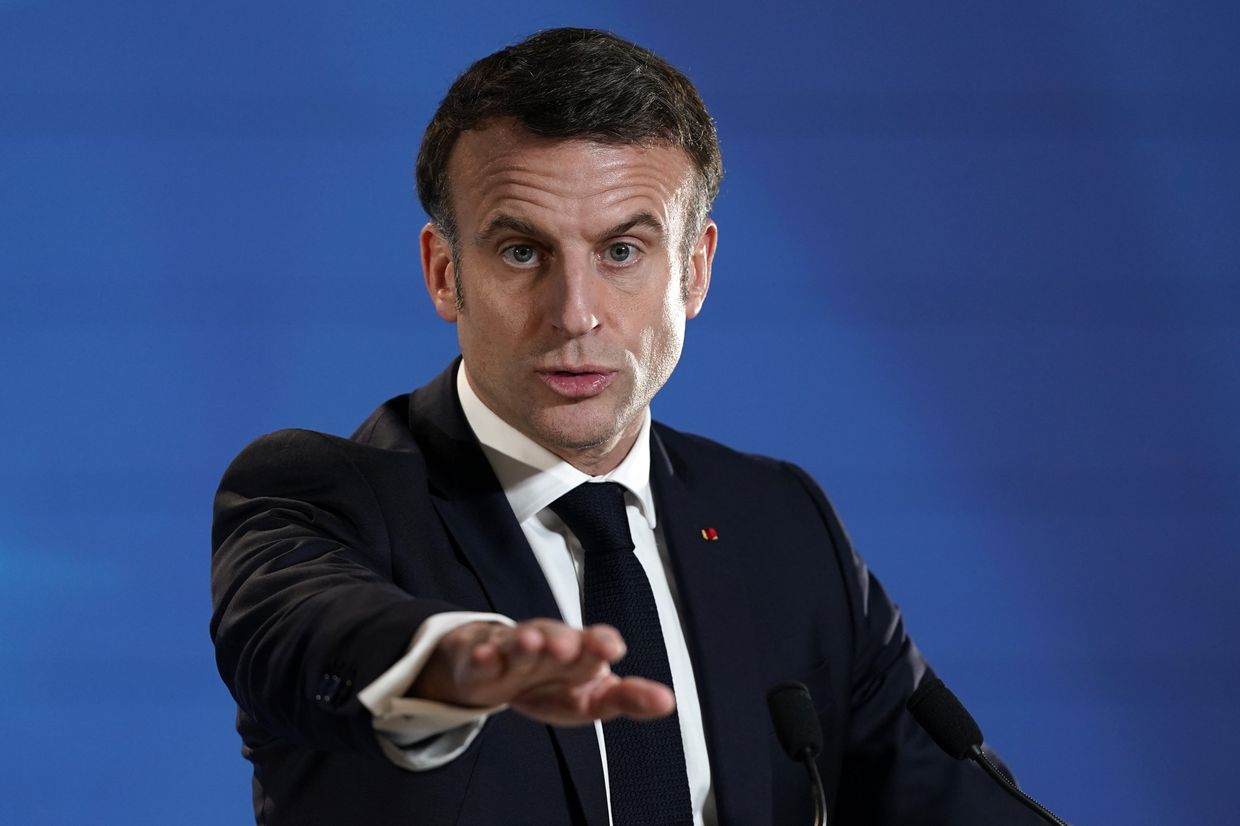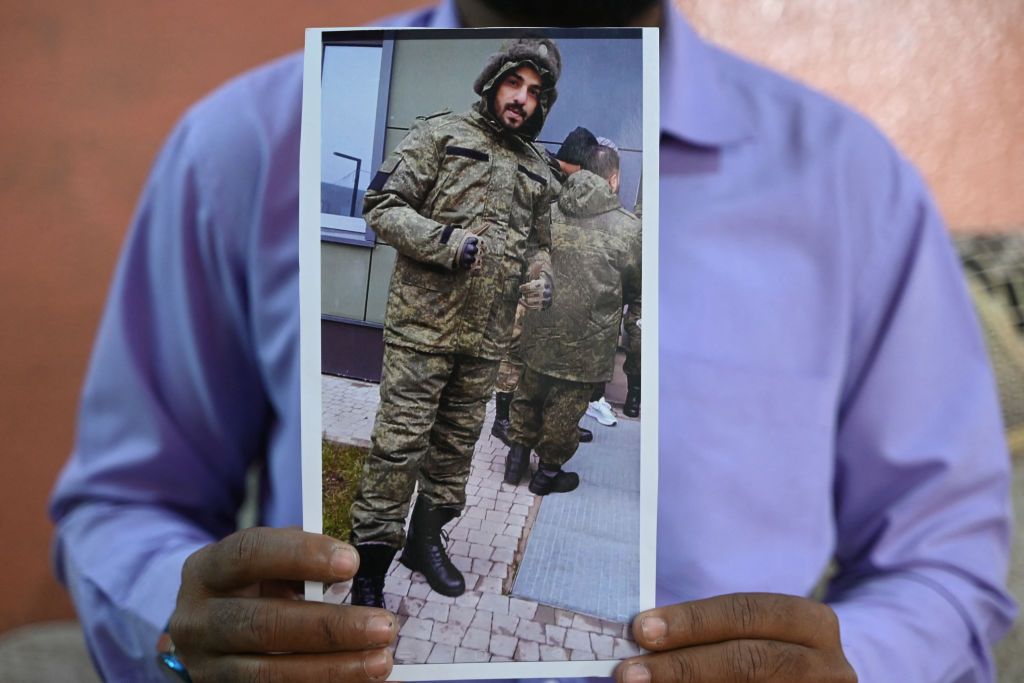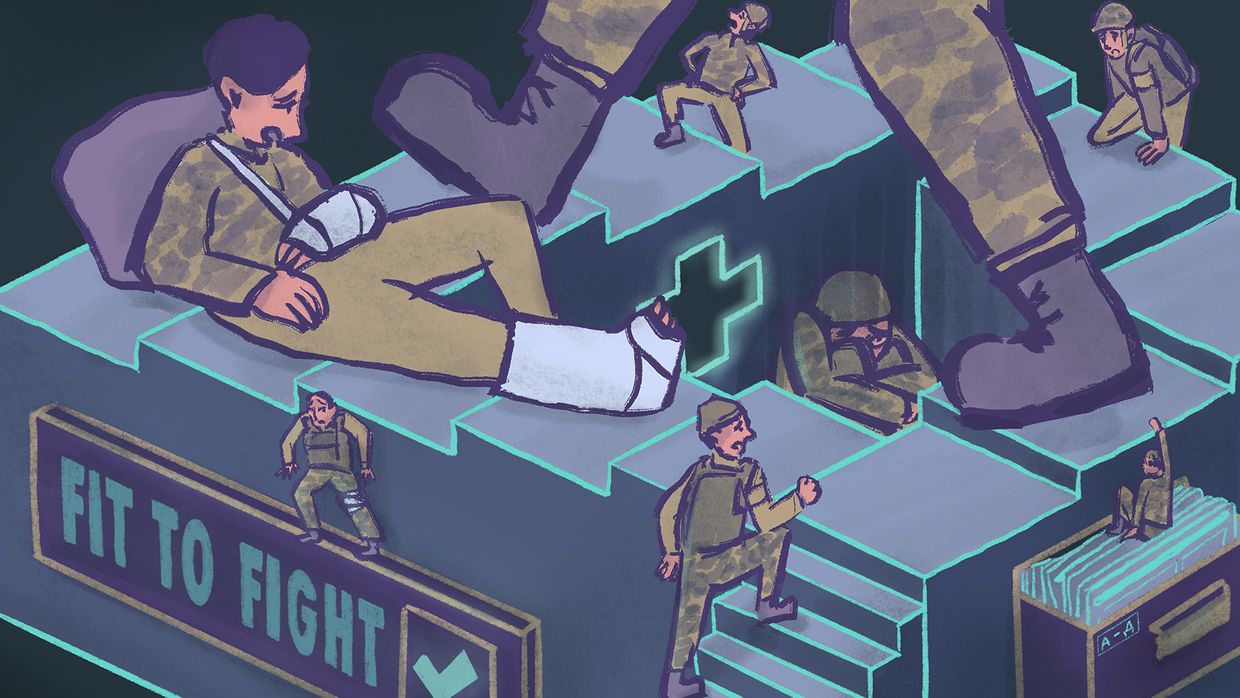Ukraine war latest: Russian missile strike on Odesa kills 20, injures over 70

Key developments on March 15:
- Russian missile strike kills 20, injures 73 in Odesa, first responders among victims
- Scholz, Macron, Tusk vow more arms purchases, new initiatives for Ukraine
- Russia recruits more foreign mercenaries to fight in war, Ukraine says
- Syrskyi: Russia trying to break through in Avdiivka direction, Ukraine facing 'intense artillery fire'
Russia launched two Iskander-M missiles against Odesa on March 15, killing at least 20 people and injuring over 70 as of 8 p.m. local time, officials said. First responders and police officers were among the victims.
Russian forces employed double-tap tactics when attacking the southern port city. A first responder and a paramedic were killed in a follow-up strike after arriving at the scene to help the victims of the first missile attack.
At least 73 people were injured to various degrees of severity as a result of the attack, the Interior Ministry said. The number included at least nine State Emergency Service employees.
The victims killed included Odesa's former deputy mayor, Serhii Tetiukhin, and Oleksandr Hostishchev, the commander of the police special forces unit Tsunami, according to local council member Andrii Vagapov.
Several explosions were reported in the city between 11-11:20 a.m. local time, almost immediately after an air raid alert went off in the region.
According to the Southern Defense Forces, a three-story recreational building was destroyed by the strike.
The attack also damaged other civilian infrastructure, including 10 houses and a gas pipeline, the emergency service reported.
Odesa Oblast Governor Oleh Kiper announced there will be a day of mourning in the region on March 16.
Scholz, Macron, Tusk vow more arms purchases, new initiatives for Ukraine
The leaders of Germany, France, and Poland agreed on new initiatives in support of Kyiv, including more weapons purchases and a future coalition on long-range rocket artillery, German Chancellor Olaf Scholz said on March 15 following a Weimar Triangle meeting in Berlin.
Scholz is hosting French President Emmanuel Macron and Polish Prime Minister Donald Tusk in Berlin to coordinate their approach to helping Ukraine fend off Russian aggression.
The meeting is seen not only as a step to revive the Weimar Triangle format but also as an opportunity for Scholz and Macron to ease tensions over their differences regarding the Ukraine strategy. The French president recently suggested that the West should not rule out sending troops to Ukraine in the future, which Scholz emphatically rejected.
Speaking at a press conference after the talks in Berlin, Scholz presented new joint initiatives in support of Ukraine.
These included purchasing more weapons for Ukraine on global markets, expanding military production, namely in cooperation with Ukrainian partners, forming a long-range rocket artillery coalition within the framework of the Ramstein format, and increasing support for the 5-billion euro ($5 billion) EU defense fund for Ukraine.
"We will begin acquiring more arms for Ukraine immediately," Scholz commented. According to the chancellor, proceeds from frozen Russian assets would be used for arms purchases for Ukraine.
Macron said that France and its partners would "never let Russia win and (will) support the Ukrainian people until the end" but stressed that they would "never prompt an escalation."
Tusk noted that assistance for Ukraine should be as extensive and as fast as possible to prevent the situation from deteriorating in the near future.
"We want to spend our money, we want to help in all possible ways here and now so that Ukraine's situation improves, not worsens, in the coming weeks and months," the Polish prime minister said.
Russia recruits more foreign mercenaries to fight in war, Ukraine says
Russia increasingly involves foreign mercenaries from countries with a "difficult economic situation" in the all-out war in Ukraine, Petro Yatsenko, a spokesperson of Ukraine's Coordination Headquarters for the Treatment of Prisoners of War, said on March 15 during a press conference in Kyiv.
Russia has been recruiting foreigners from such countries as Nepal, Somalia, India, Cuba, and others to fight in Ukraine from the very beginning of the full-scale invasion.
The General Staff of Ukraine's Armed Forces reported in October 2023 that around 400 foreign mercenaries arrived in occupied Crimea and were preparing to join Russian troops on the front line later.
The U.K. Defense Ministry also said that Russia tried to recruit foreigners and migrant workers to avoid announcing another mobilization drive before the presidential election, which began on March 15.
"Russia's mobilization resource has been reducing. And we see that Russia boosted its efforts to send citizens from countries with difficult economic situations to the front line," Yatsenko said.
Foreign mercenaries are used as "cannon fodder" by Russia on the front, according to Yatsenko. Russia also refuses to prepare them for combat activities, the spokesperson added.
Several mercenaries from Nepal, Cuba, Somalia, and Sierra Leone, who were captured by Ukrainian forces, joined Yatsenko at the press conference.
According to the Geneva Conventions, mercenaries do not have the right to be combatants or prisoners at war, and mercenary activity must be considered a crime.
"As trials have not taken place yet, Ukraine will follow the Geneva Conventions' prisoners of war treatment rules. They (foreign mercenaries) will get three meals daily, medical treatment if needed, and a humane attitude," Yatsenko said.
Syrskyi: Russia trying to break through in Avdiivka direction, Ukraine facing ‘intense artillery fire’
Russian forces are concentrating their main efforts on making a breakthrough near the recently fallen town of Avdiivka, Commander-in-Chief Oleksandr Syrskyi said on March 15.
Avdiivka, a city in Donetsk Oblast that has been on the front line of the war since 2014, fell on Feb. 17, in what was Russia’s first major military gain in nine months. Several villages west of Avdiivka were captured soon after as Ukraine faced a severe ammunition shortage while U.S. aid continued to be stalled in Congress.
Ukrainian troops defending the area near Avdiivka face "intense artillery fire, the active use of FPV (first-person-view) drones," "periodic" air strikes, and "daily" assaults from armored vehicles and assault troops.
"In these conditions, the most effective way to conduct defense is to destroy the enemy's armored vehicles and infantry assault groups by artillery fire, the actions of armored groups, the complex use of attack unmanned systems of various types, the protection of one's units from enemy drones by means of EW (electronic warfare) in combination with the destruction of enemy UAV (unmanned aerial vehicle) control points by missile strikes and artillery fire," Syrskyi said in a post on Telegram.
Syrskyi added that his main task currently was "dedicated to the organization and provision of these issues."
In its daily intelligence assessment on March 14, the U.K. Defense Ministry said Russia was focusing attacks west of Avdiivka and the town of Marinka, accounting for 60% of all attacks across the front line.
"However, the average number of reported weekly Russian ground attacks on Ukraine has reduced by 13% since late February 2024, when the weekly average reached 600," the ministry wrote.














